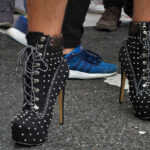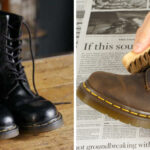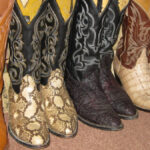If you’re like most people, the first thing you do when you buy a new pair of boots is to try them on and walk around in them. And if they rub your calf the wrong way, it’s not long before they end up at the back of your closet.
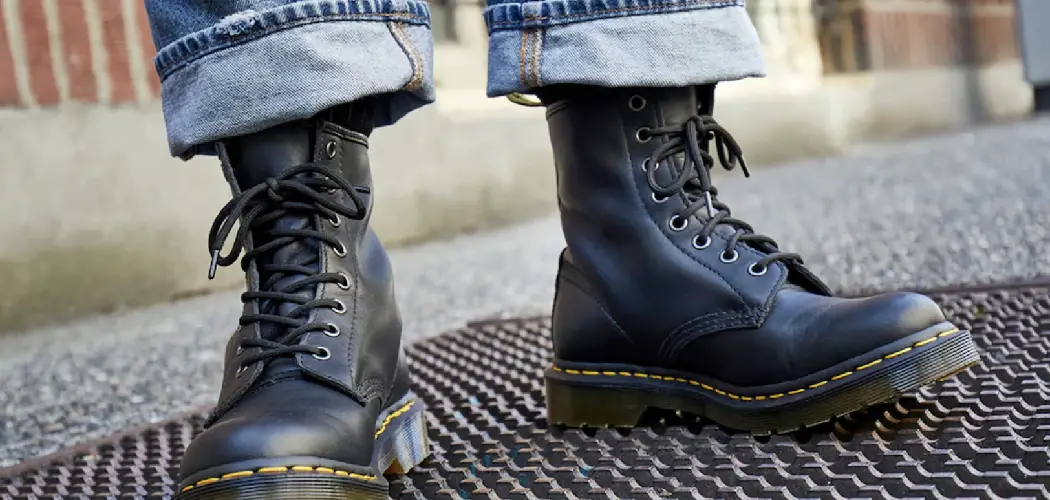
But there’s no need to suffer through sore calves just because you want to wear stylish boots. You can do a few things to stop boots from rubbing calves and make them more comfortable to wear. Here are seven tips that will help you out. So keep reading to learn more about how to stop boots rubbing calf.
Why Should You Stop Boots Rubbing Calf?
Every time you take a step, your boots rub against your calf, which can cause pain and irritation. In addition, the constant friction can damage your skin and even lead to blisters. If you want to avoid these problems, it’s important to stop boots from rubbing calf. There are a few different ways to do this. First, make sure that your boots fit properly.
If they’re too tight, they’re more likely to rub. Second, wear socks that provide a smooth layer between your skin and the boot. Third, apply a lubricant such as petroleum jelly or baby powder to your skin before putting on your boots. By taking these steps, you can help to prevent boots from rubbing your calf and keep your legs comfortable all day long.
7 Tips to Follow on How to Stop Boots Rubbing Calf
1. Get the Right Size
One of the most important things you can do to prevent your boots from rubbing your calves is to make sure you’re buying the right size. Boots that are too small will inevitably rub against your skin, causing irritation and even pain.
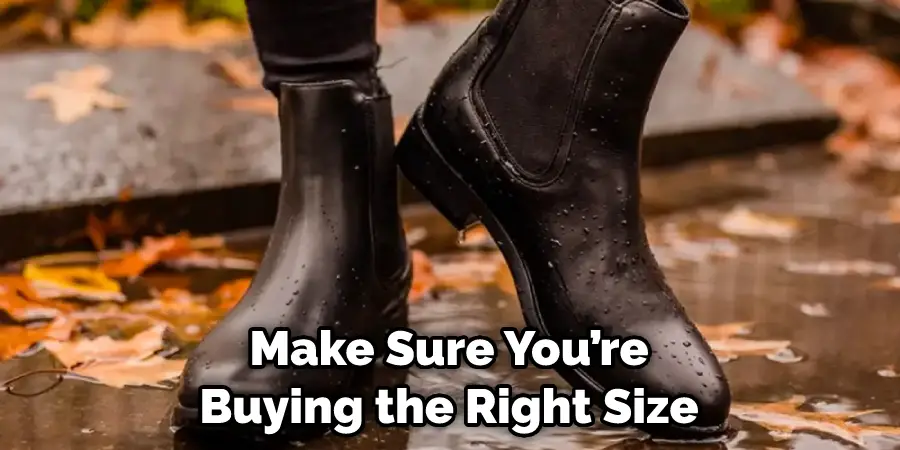
Conversely, boots that are too large will also cause rubbing, blisters, and calluses. So, try on boots before buying them, and make sure they fit snugly but comfortably.
2. Choose a Style with A Good Fit
Another important factor to consider when choosing boots is the fit. Unfortunately, some styles of boots, such as cowboy boots, are notoriously difficult to find a good fit for.
You may want to avoid these styles altogether if you have particularly wide or narrow calves. Instead, opt for a style of boot that’s known for being easy to find a good fit for, such as Chelsea boots or riding boots.
3. Break Them in Gradually
Once you’ve found the perfect pair of boots, it’s important to break them in gradually so that they don’t rub your calves raw. Start by wearing them around the house for short periods of time, gradually working up to longer periods. You can also try wearing them with thick socks to help cushion your calves from any rubbing.
4. Use a Protective Barrier
Another way to prevent your boots from rubbing your calves is to use a protective barrier between your skin and the boot itself. This can be simple: thin socks or tights worn underneath your regular socks. You can also purchase special “boot liners” that are designed specifically for this purpose.
5. Apply a Lubricant
If you’re still having trouble with your boots rubbing your calves, you may want to try applying a lubricant such as petroleum jelly or lotion to your skin before putting on your socks and boots.
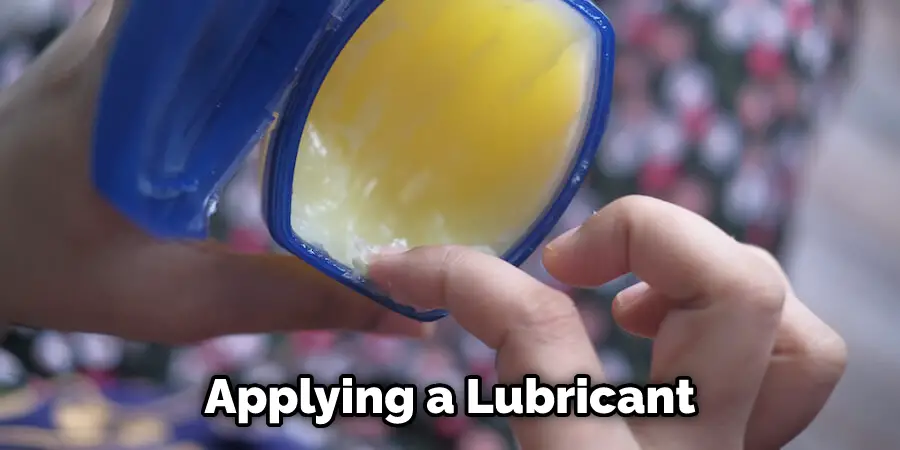
This will help to create a barrier between your skin and the boot, reducing friction and preventing irritation. Just be sure not to use too much, as this can actually make the problem worse by making your feet slip around inside the boot.
6. Wear Tall Socks or Leggings
Another way to prevent boot rub is to wear tall socks or leggings over top of your regular socks when you put on your boots. This will help to fill up any extra space in the boot so that there’s less room for your foot to slide around and rub against the sides. Plus, it will keep your legs warm in cold weather!
7. Invest in Custom-Fit Insoles
If you’ve tried all of the above tips and still have trouble with boot rub, then it may be time to invest in custom-fit insoles for your boots. These can be purchased online or at some shoe stores, and they’re designed specifically to fill up any extra space in the boot so that there’s less room for movement and rubbing. This is definitely a more expensive option, but it may be worth it if you’re struggling with boot rub.
That’s it! You’ve now learned seven tips on how to stop boots rubbing calf. Just remember to choose the right size, style, and fit for your boots; break them in gradually, and use a protective barrier or lubricant if needed.
If all else fails, invest in custom-fit insoles. These tips allow you to enjoy your boots without worrying about painful rubbing.
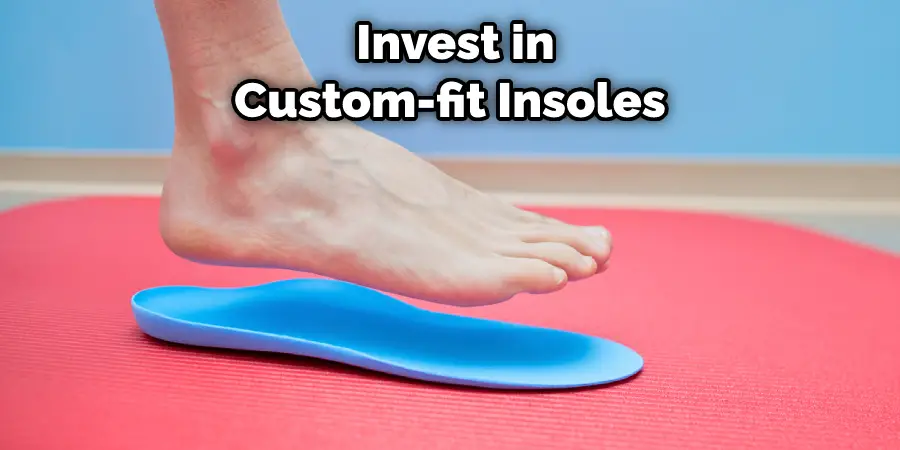
Are There Any Products That Can Help Stop Boots from Rubbing Calves?
If you’ve ever had the unfortunate experience of your boots rubbing your calves, you know it can be both painful and frustrating. Fortunately, there are a few different products on the market that can help to prevent this problem. One option is to wear tall socks that come up over the top of your boots. This will help to create a barrier between your skin and the boot and can also help to absorb any friction.
Another option is boot liners or inserts. These can be placed inside the boot to provide additional padding and support. There are also a variety of creams and lotions that can be applied to the skin to help reduce friction. With a little bit of trial and error, you should be able to find a solution that works for you.
Can Special Socks Help Prevent Boots from Rubbing Calves?
As anyone who has ever worn ill-fitting boots knows, they can rub and chafe your calves, causing discomfort and even pain. One way to prevent this from happening is to wear special socks designed to protect your calves from friction. These socks are usually made from a thick, padded material that helps to cushion your skin and absorb impact.
They may also have extra features like silicone grips or ribbed cuffs that help to keep the socks in place and prevent them from sliding down inside your boots. In addition, special calf-protecting socks can help to wick away moisture, keeping your skin dry and helping to prevent blisters.
So if you’re concerned about your boots rubbing your calves, donning a pair of these socks may be the answer.
How to Lace-up Boots Properly for A Perfect Fit
When it comes to finding the perfect fitting boots, lacing them up correctly is key. Here are a few tips on how to do just that. First, start by threading the laces through the eyelets from the bottom up. Then, as you reach the higher eyelets, crisscross the laces and thread them through the opposite side. This will help secure the foot and prevent the boots from slipping.
Next, tighten the laces by pulling from alternate sides. Start with the top eyelets and work your way down. Again, be sure to pull evenly so that the laces are tight but not too tight. Finally, tie a knot at the end of the laces to keep them from coming undone. With these simple steps, you can be sure that your boots will fit perfectly every time.
How to Prevent Blisters from Boots
No one likes getting blisters, especially when they’re caused by a new pair of shoes or boots. Blisters are small pockets of fluid that form on the skin when it’s irritated or rubbing against something.
Wearing ill-fitting shoes is one of the most common causes of blisters, but they can also be caused by sweat good way to prevent blisters is to choose shoes that fit well and to break them in gradually.
If you’re going to be wearing new shoes or boots for an extended period of time, it’s also a good idea to wear socks that provide padding and absorb sweat.
In addition, you can apply a lubricant such as Vaseline to areas where your skin is likely to rub against the shoe. By taking these precautions, you can help prevent blisters from forming.
What Are Some Good Brands of Boots that Don’t Rub Calves?
There are a few brands of boots that don’t rub calves. One good brand is Sorel. They have a snug fit, but they’re also very comfortable. Another good brand is UGG. They also have a snug fit, but they’re much thinner than Sorel, so they don’t tend to rub as much.
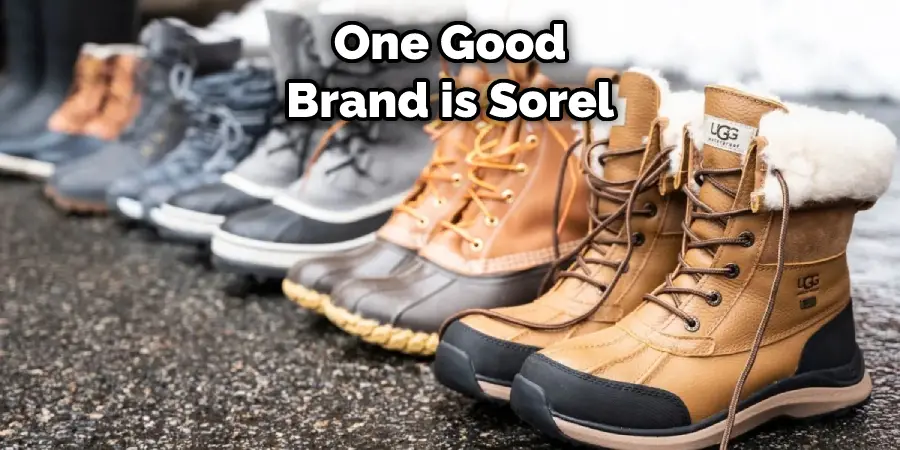
Finally, Blundstone makes a boot with a thicker sole, which helps cushion the foot and prevent rubbing. So, if you’re looking for a good brand of boot that won’t rub your calves, any of these would be a good choice.
Conclusion
So, to stop your boots from rubbing your calf, you’ll want to ensure that you have the right size boot, that your boot is properly laced up, and that you’re wearing the right socks. You can also try using a boot liner or sock liner to help reduce friction. Finally, if you’re still having problems, you may need to get a custom insole or orthotic to help with the fit.
And finally, don’t forget to break in your boots before you wear them for extended periods. You can avoid boot rub altogether with a little care and attention. Thanks for reading our post about how to stop boots rubbing calf.


